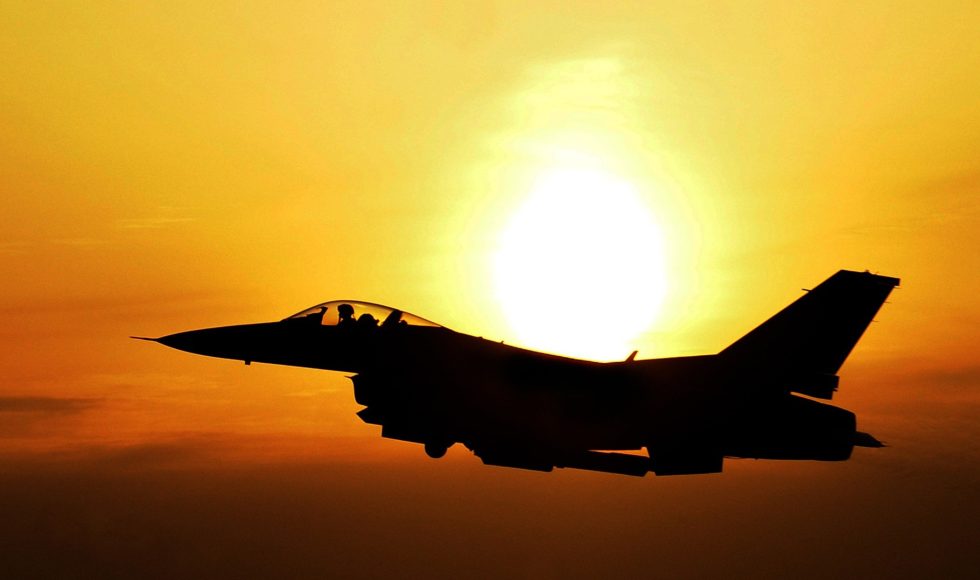The Dutch Government and Military Exports to Israel: A Legal and Ethical Debate
The military collaboration between the Netherlands and Israel has long been a contentious issue, intertwining strategic interests with significant legal and ethical concerns. This partnership spans various areas, including defense technology, intelligence sharing, and arms trade. Notably, Dutch companies play a role in producing components for F-35 fighter jets, exported to several nations, including Israel.
A recent legal case brought forward by several Dutch organizations against the Dutch government seeks to halt the export of F-35 components to Israel. This case underscores the ethical and legal challenges surrounding military cooperation. Critics within Dutch society have raised concerns over alleged Israeli military actions in Gaza and other areas, which international reports suggest constitute violations of international humanitarian law.
Critics argue that such exports not only undermine the Netherlands’ humanitarian commitments but also weaken global standards aimed at curbing arms exports to conflict zones. They demand an immediate halt to all forms of military collaboration with Israel.
On the other hand, proponents of the collaboration cite national interests and strategic partnerships with Israel. The Dutch government justifies its stance by highlighting the integration of Dutch capabilities into global supply chains, enhancing the country’s role in the production and maintenance of advanced military equipment.
The Legal Case and Its Significance
A coalition of organizations, including Oxfam Novib and PAX Netherlands, filed a lawsuit in Dutch courts, arguing that the F-35 components were being used in military operations classified by international reports as war crimes, particularly against civilians in Gaza. Initially dismissed, the Court of Appeal in The Hague later ruled in favor of the plaintiffs, citing a clear risk of misuse of the equipment.
The court found that continuing these exports violated the Netherlands’ international obligations under treaties like the Arms Trade Treaty and the EU’s Common Position on arms exports. However, the government appealed the decision to the Supreme Court, asserting that these matters fall under its discretionary power in foreign policy.
In a pivotal development, the Attorney General issued a recommendation on November 29, 2024, supporting the Court of Appeal’s decision and emphasizing compliance with international obligations. While the Supreme Court is not bound by this recommendation, it carries significant legal and political weight.
Key Legal and Ethical Issues
- Judicial Oversight of Foreign Policy
This case raises fundamental questions about the judiciary’s role in reviewing foreign policy decisions. Should Dutch courts have the authority to scrutinize and overturn arms export licenses traditionally within the executive’s domain? The government argues these decisions pertain to national security, while the Court of Appeal highlighted the need for judicial oversight to ensure compliance with international law.
- Compliance with International Humanitarian Law
Treaties like the Arms Trade Treaty and the EU Common Position require member states to assess the risk of exported military equipment being used in human rights violations. The lawsuit alleges that the Dutch government failed to adequately evaluate these risks, especially following escalated Israeli military operations in October 2023.
- Balancing National Security and International Obligations
The government claims its arms export decisions prioritize national interests, but international standards mandate prioritizing humanitarian considerations when clear risks exist. Can national security concerns justify overlooking international obligations?
- The Ethical Dimension of Arms Trade
Beyond the legal arguments, military collaboration with Israel raises ethical concerns. Critics contend that Dutch exports indirectly perpetuate violence against civilians, while supporters argue these exports bolster the national economy and strategic alliances, shifting responsibility for their use to the importing nation.
Implications and Developments
- Strengthening International Commitments
If upheld, the Court of Appeal’s decision could significantly impact Dutch arms export policies, reinforcing the country’s commitment to international humanitarian law and establishing a stronger judicial role in scrutinizing state decisions.
- Diplomatic Tensions
Halting F-35 component exports may strain relations with Israel and other participants in the fighter jet program, such as the United States, potentially impacting strategic partnerships.
- European Legal Precedent
The decision could inspire similar actions in other EU countries, promoting stricter oversight of arms exports to conflict regions.
- Global Arms Trade Regulation
The case highlights the judiciary’s role in balancing national interests and international obligations, potentially encouraging other nations to enhance judicial oversight of arms export policies.
Conclusion: Balancing Ethics and Interests
This case epitomizes the ongoing tension between ethical and legal obligations and national economic and strategic interests. If the Supreme Court upholds the Attorney General’s recommendation, it could mark a turning point in the Netherlands’ approach to arms exports and strengthen international arms trade regulations.
This decision could redefine how nations reconcile military trade with humanitarian standards, emphasizing the growing importance of international law in regulating the global arms trade. Such a ruling would serve as a reminder that states must take greater responsibility for upholding humanitarian commitments, even in the face of strategic and economic pressures.
Ibraheem Jabr is a seasoned legal professional with extensive expertise in international law, human rights, and commercial legal support. Based in Eindhoven, Netherlands,Ibraheem is the Founder and Legal Counsel at Legal Bridge, where they provide expert legal advice to EU-based government agencies and law firms navigating the complex legal landscape of the Middle East and North Africa (MENA) region.



